Local civil society organization PARCEM has denounced what it describes as poor transparency in the management and tracking of foreign currency sent by members of the Burundian diaspora.
Speaking to local media on Thursday, PARCEM’s national director, Faustin Ndikumana, said the Central Bank of Burundi (BRB) should disclose the contribution of diaspora remittances to the country’s economic development.
“Globally, foreign currency from diasporas far exceeds aid sent from one country to another,” Ndikumana said. “But to assess their contribution to their home countries, we look at development projects funded by these financial transfers. BRB should therefore show the traceability of these funds and how much they contribute to the balance of payments.”
Ndikumana warned that the lack of transparency could harm Burundi’s investment climate:
“The government should recognize that Burundians abroad contribute to the economy just as tourists do. If Burundi continues to rank poorly in the ease of doing business, it may discourage members of the diaspora from investing in their homeland.”
The BRB has not commented on PARCEM’s statements. However, during the official launch of Diaspora Week in Bujumbura earlier this week, President Evariste Ndayishimiye accused some Burundians living abroad of bypassing the central bank when bringing money into the country, opting instead for informal channels.
“I know that everyone here came with foreign currency,” the president said. “But if we add up the total amount you brought and go to the BRB, we’ll find zero recorded entries. Yet you always complain about a shortage of foreign currency. You overlook these small actions that you should be taking seriously.”
Some members of the diaspora admit they do not use the BRB when sending money to Burundi. One Burundian living in Europe, who spoke on condition of anonymity, said the issue has persisted for nearly a decade.
“If we send money through the BRB, it is rare to receive it in foreign currency, unlike in other countries in the region. That’s why many prefer the parallel market,” the source said.
“The BRB’s exchange rate is much lower than what’s offered on the informal market. We acknowledge that using black-market exchanges is harmful to the country because going through the BRB would increase foreign currency reserves, which are already in short supply,” the source added.
The same source noted that the diaspora has long urged Burundian authorities to adjust the official exchange rate to match the parallel market, but no action has been taken.
In December 2024, the World Bank, quoted by Africa24, reported that the Burundian diaspora sends approximately $48 million annually to Burundi, but only 15% of these funds support development initiatives

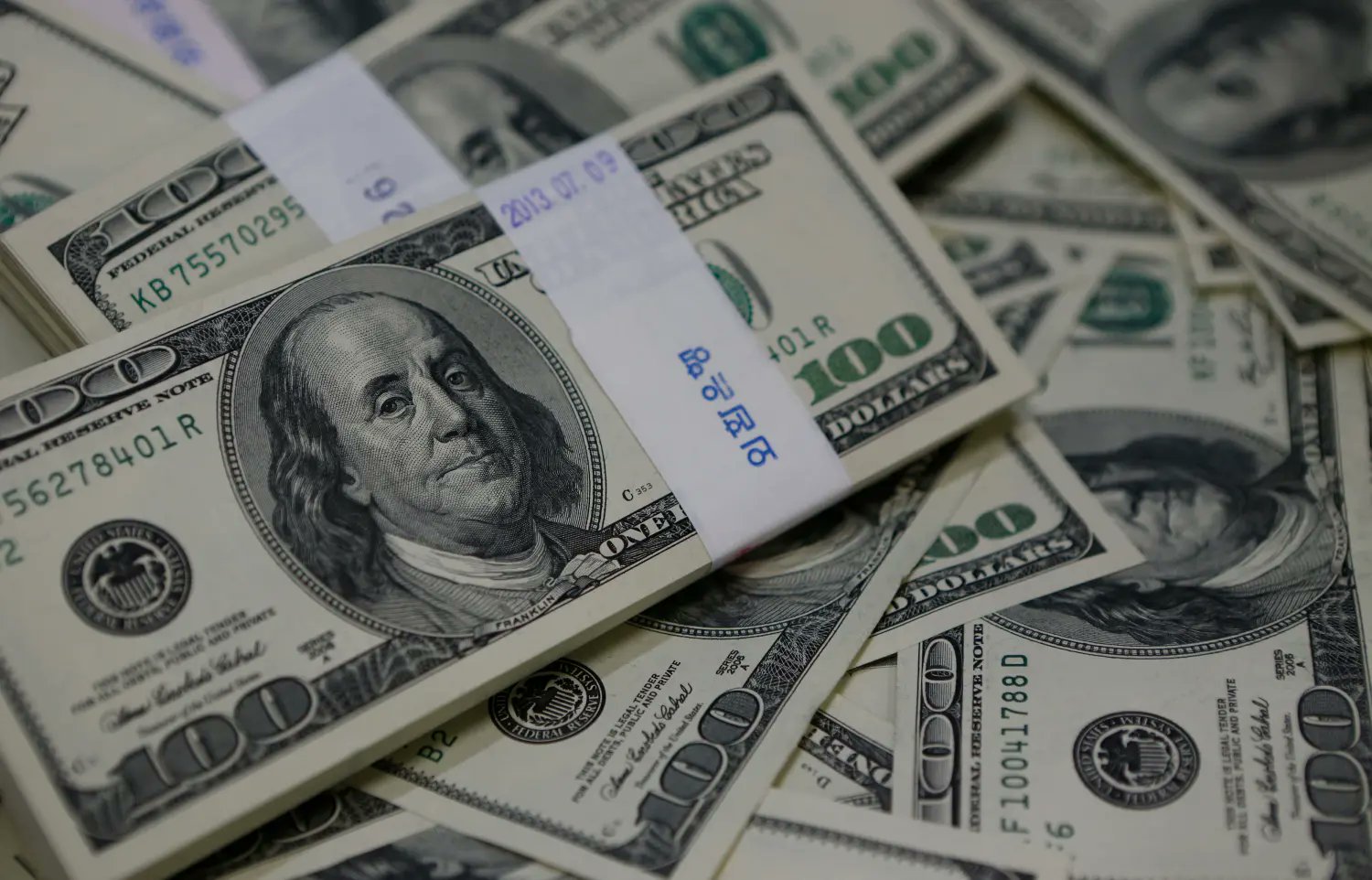

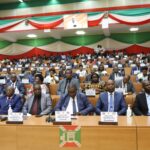
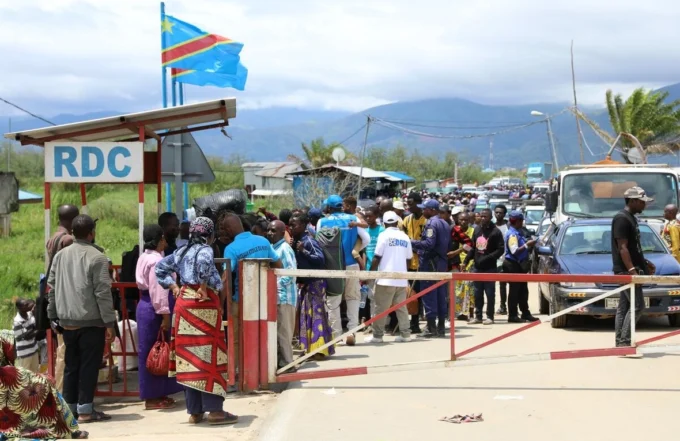
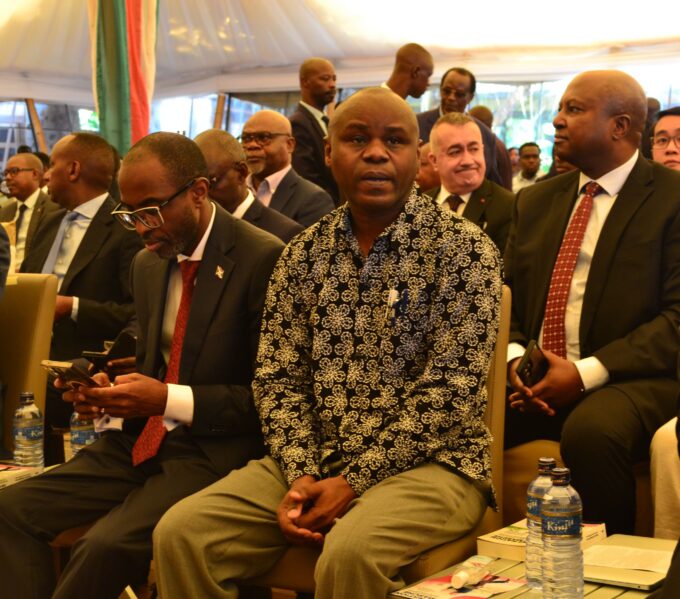

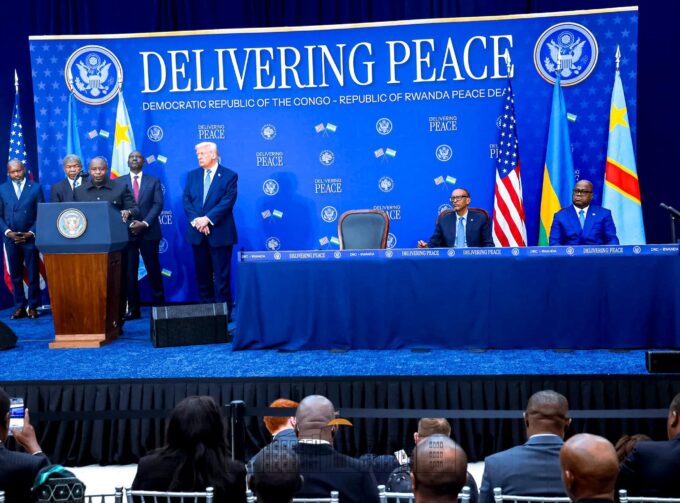
Leave a comment